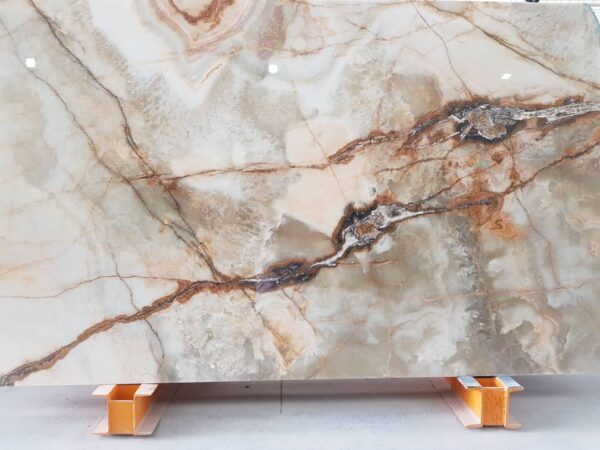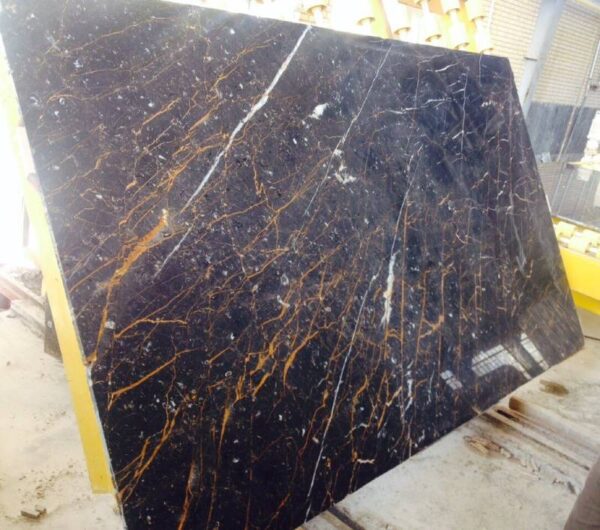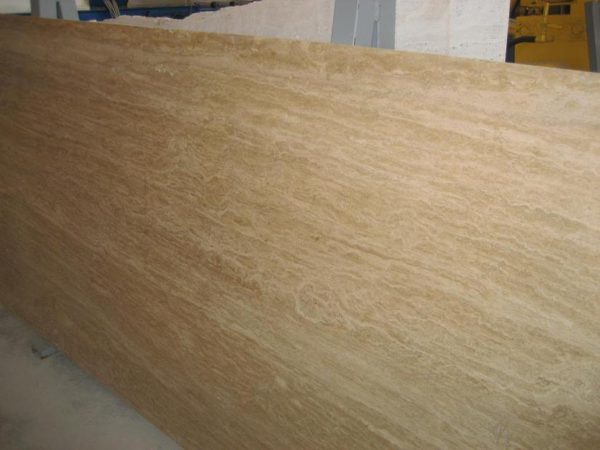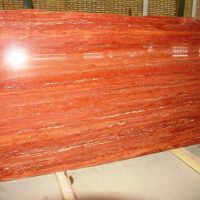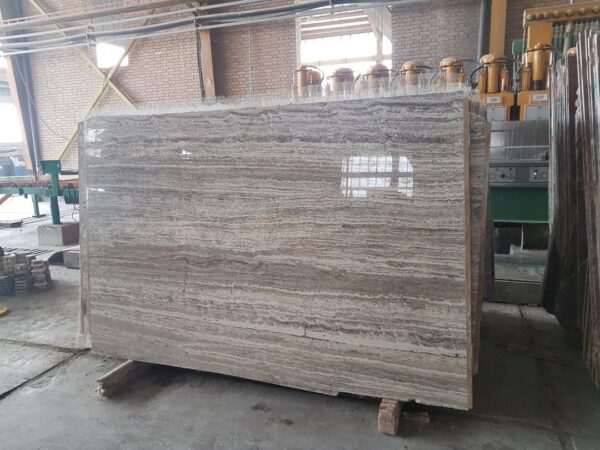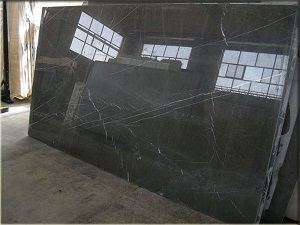Understanding the Heat Resistance of Marble
Marble is a popular material known for its elegance and durability, often used in countertops, flooring, and various architectural designs. However, a common question many homeowners and builders ask is, Can marble burn or catch fire? The answer to this is critical for safety and maintenance purposes. In this article, we’ll explore whether marble can burn and how its heat resistance factors into practical applications.
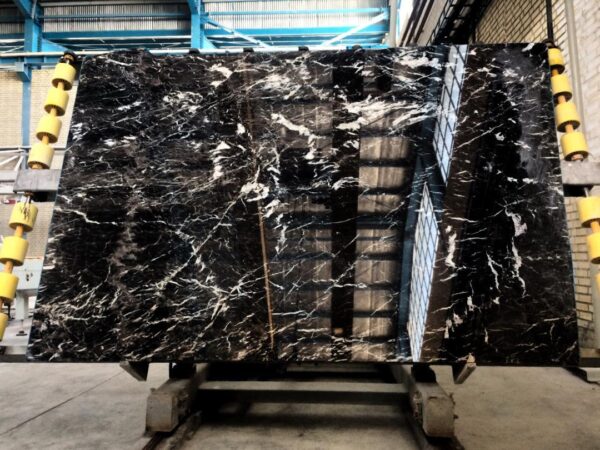


Can Marble Burn?
The short answer is no, marble does not burn under normal circumstances. Marble is a natural stone composed mostly of calcium carbonate (CaCO3), which makes it highly heat resistant. However, understanding how marble reacts to heat and fire is essential for those using it in high-temperature environments, such as kitchens or around fireplaces.
Marble’s Heat Resistance Properties
What Happens When Marble is Exposed to Heat?
While marble cannot catch fire or burn in the traditional sense, it can still experience changes when exposed to extremely high temperatures. When exposed to temperatures above 200°C (392°F), marble begins to undergo thermal decomposition. At temperatures beyond 600°C (1112°F), the calcium carbonate in the marble breaks down, releasing carbon dioxide and transforming into calcium oxide. This process, known as calcination, weakens the structure of the marble, causing it to become more brittle and prone to cracking or discoloration.
However, under normal circumstances such as kitchen use, marble can comfortably withstand heat from pots and pans without damage, provided it is not exposed to direct flames or extreme heat for extended periods.
Understanding and Intriguing the Meaning of Striped Onyx
Is Marble Fireproof?
Although marble is not flammable and will not burn in a house fire, it is not entirely fireproof. The stone can survive the heat of small fires or sparks without igniting. However, in the event of a prolonged fire, the high temperatures may cause the stone to lose its structural integrity or undergo thermal expansion, which can lead to cracks or fractures.
Best Practices for Using Marble in High-Heat Areas
Protecting Your Marble Countertops
To maintain the beauty and durability of your marble surfaces, it’s important to follow certain guidelines when dealing with heat:
Use Heat-Resistant Mats or Trivets:
When placing hot pots or pans on your marble countertops, always use heat-resistant mats or trivets. This will prevent direct exposure to high temperatures, minimizing the risk of thermal stress that could weaken the stone.
Avoid Open Flames:
While marble won’t burn, it can suffer from thermal shock when exposed to sudden temperature changes. Avoid placing it in areas where open flames are present, such as near gas stoves or grills.
Regular Maintenance:
Over time, marble surfaces may develop hairline cracks or slight discoloration due to heat exposure. Regularly sealing your marble will help protect it from these effects, while routine cleaning ensures it maintains its aesthetic appeal.
https://www.rockstone.biz/exploring-iranian-onyx/
Suitable Applications of Marble in High-Heat Areas
Marble is ideal for decorative fireplaces and as a kitchen surface, but it’s important to recognize its limitations. For outdoor kitchens or fireplaces where temperatures can rise dramatically, consider using other materials, such as granite or engineered stone, which may offer better heat resistance.


